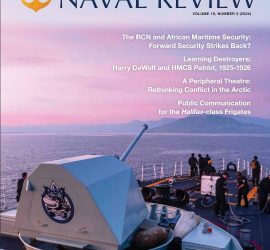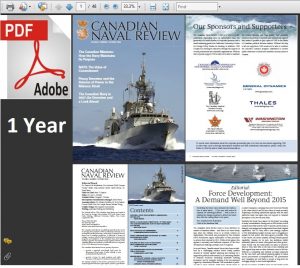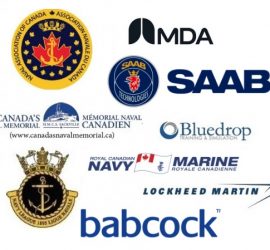China's Military Satellites
By Jeff G. Gilmour, 18 April 2024

Most reconnaissance satellites operate in a low-earth orbit (LEO) at 160-2000k above the earth. However last year China launched the Yaogan-41, which can operate 36000k from the earth. In a geostationary orbit (GEO) it circles the planet slowly to remain above certain strategic areas for a greater amount of time, watching over locations without interruption.
Over the past decade China has increased the number of satellites it has in operation to over 600, most of which are of the LEO variety. These satellites have gaps of less than 30 minutes between images whereas a GEO satellite has no gaps at all.
Clayton Swope, a former CIA analyst, noted when these two satellite systems are in operation, and in concert with artificial intelligence (AI), they could give China the ability “to identify and track car-sized objects throughout the entire Indo-Pacific region.”[1]
This poses a serious challenge to American military planners. As AI technology improves, it gives the People’s Liberation Army (PLA) the ability to locate warships at sea, and bombers at airports, that are beyond coastal radar systems. This would make US carrier groups vulnerable to detection as well as NATO fleets.
Russel Hoole, a Marine Corps intelligence analyst, remarked recently that “America should be under no illusions about the potential for China to detect and locate.” An article entitled “New Eyes in the Sky” published in The Economist in March 2024 states “China in the past invested heavily in counter-space weapons which could blind or destroy the satellites that America’s armed forces depended upon. Now it on a path to recreating America’s vast and sophisticated network of capabilities in the cosmos.”
Post continues on the Broadsides Forum
Trending now:
- China's Military Satellites
- Preview: Canadian Naval Review Vol 20 Issue 1
- Defence Policy Update Released
- The 1982 Anglo-Argentine Falklands War
- The CSC and the Cost-Value Exchange Ratio
- Davie Shipbuilding Gets First NSS Contract
- Is the United Nations Still Relevant in Preventing State-to-State Aggression?
- Solutions Needed Now
- The CAF and AI
- Saab and Damen Export C-71 Submarines to Canada
- DND Spending Reductions
- Information Denied
- CSC: New Graphics? More Questions
- CNR sponsors: visit page
Preview Next Issue: Spring 2024 CNR issue
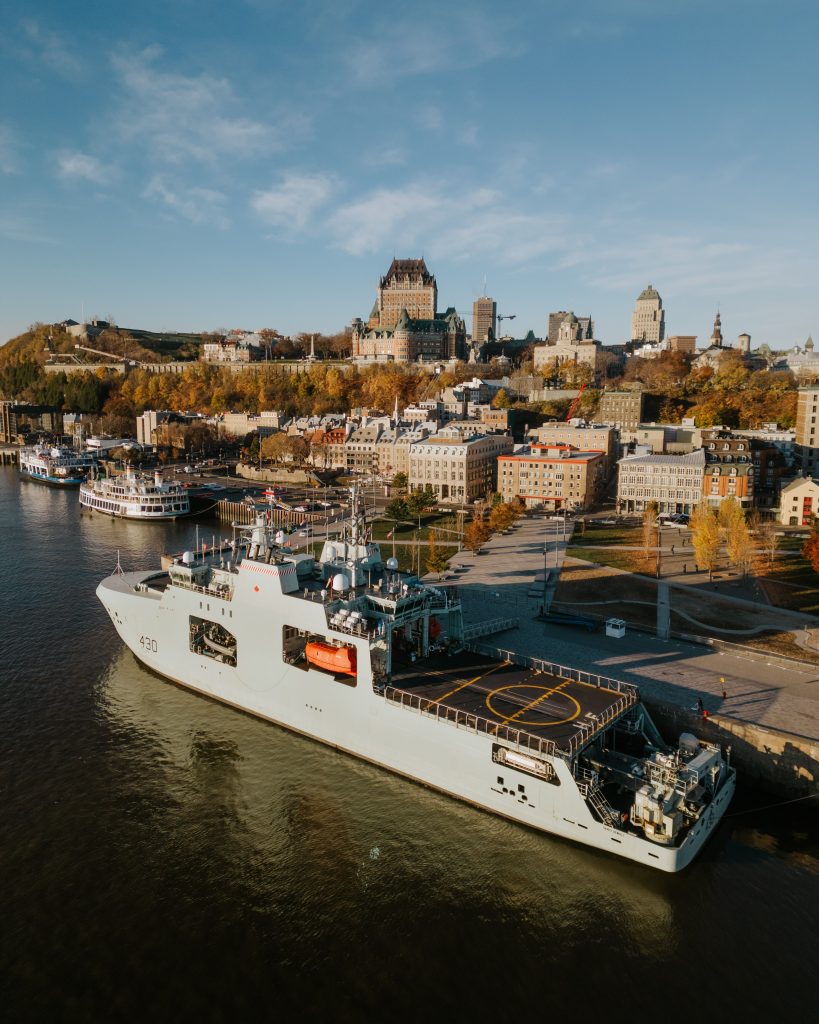
Volume 20, Number 1 (2024)
This spring issue marks 20 years of producing Canadian Naval Review. How time flies! It seems like just yesterday we started this journey – but it’s been 20 years and we still haven’t run out of interesting things to discuss in CNR. We’re a bit biased, but we think this issue is another great one. Prepare to be amazed and delighted!
In this issue, we’re very pleased to present an interview with Rear-Admiral Josée Kurtz that took place at the end of January. CNR Editor Ann Griffiths sat down and had a great chat with the Admiral, discussing everything from budgets to RCN priorities to personnel to assets to tampons in the men’s washrooms.
Our first article, “A Case Study on the Creation and Use of a Bridge Simulator,” is an inspiring story about what you can do if you have the determination, energy and enthusiasm to do it. Read this and you can learn about building your own simulated bridge simulator for $30,000! This article goes well with the Editorial for this issue which is also about bridge simulators. Our next article is a nod to the 100th birthday of the RCAF, entitled “The Influence of the RCAF on the RCN (Air Branch).” The article examines the historic interaction – which was not always amicable – and development of the relations between the RCN and RCAF.
In this issue we also have a smorgasbord of tasty Making Wave commentaries. We learn about: RCN recruitment and suggestions for its improvement; how utilizing uncrewed vehicles may be more challenging for Canada than for other countries; the problems of procurement; a suggestion that Canada should join the AUKUS submarine deal; and the future prospects of naval task groups as the CSCs are built. As well, we have our usual columns. We know what Russia is doing in its West (i.e., invading/attacking Ukraine!), but what about the territories on its Pacific coast? And we learn that, despite recent news of some extra funding for the military, Canada is nonetheless in NATO’s ‘quadrant of shame.’
Naturally, there are amazing photos to illustrate everything! We have no doubt that you will find this issue insightful and engaging. See the Table of Contents below.
If you don’t have a subscription yet, you should get one so you don’t miss anything.
Click through to check out the table of contents!
CNR resources
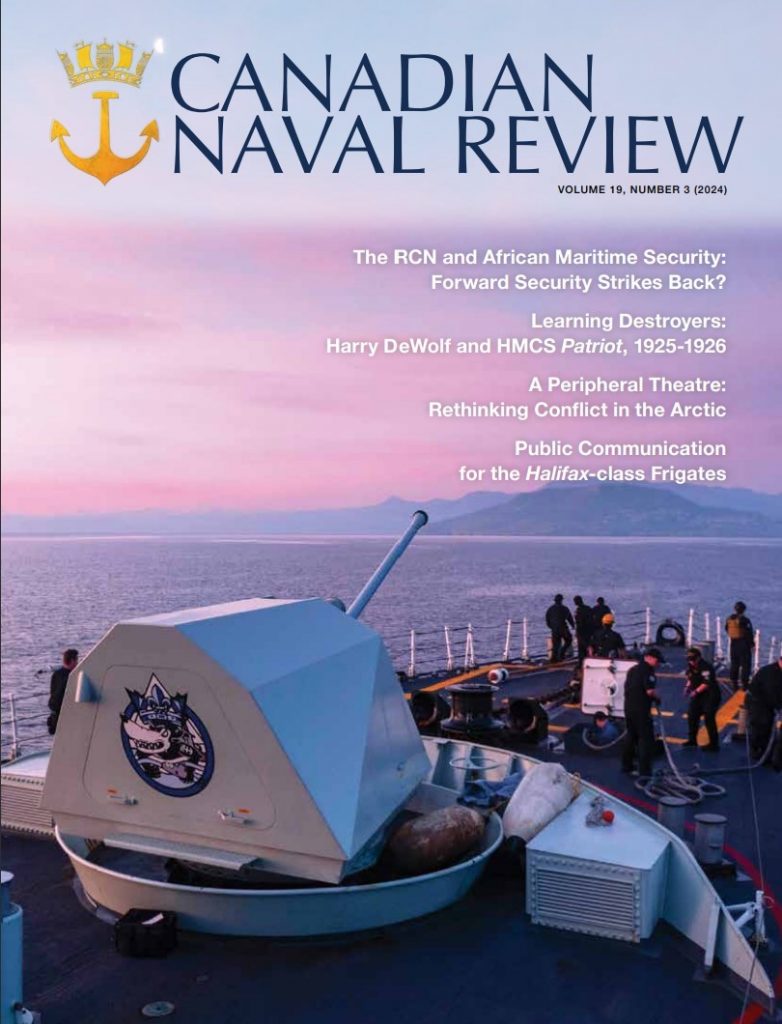
- Previous Issues
- CNR Archives (2005-2023)
- Subject Index for CNR Articles
- Broadsides Forum - Join the Discussion
- Submissions to Canadian Naval Review
- Subscriptions - unlock access to all CNR materials
- Sponsor page
- Book Reviews
- Free CNR articles and PDF downloads
- Follow CNR on X (Twitter)
- Donate to CNR
- Special offer
Read more: CNR Archives (60+ magazines in PDF) and Subject Index (600+ articles)
Looking for Books about Maritime Matters?
Over the last 15 years, Canadian Naval Review has published over 180 book reviews. These books cover a variety of topics but they all relate to maritime matters, history, or security and defence at sea. This is an amazing resource. Go through the list of reviews, pick out a few books that look interesting, read the reviews, and then order the books from your nearest bookstore or from the publisher. See the list of book reviews at https://www.navalreview.ca/book-reviews/









